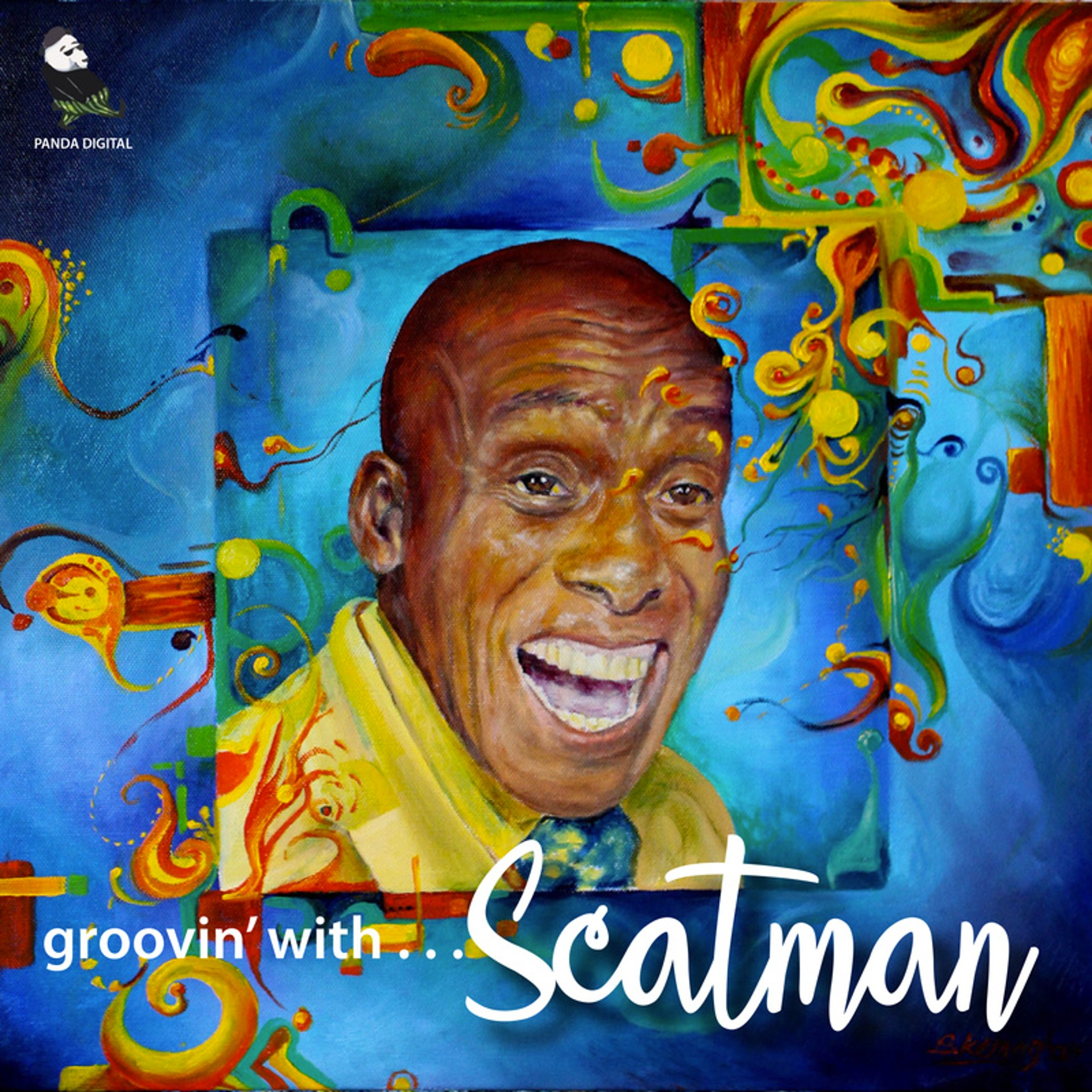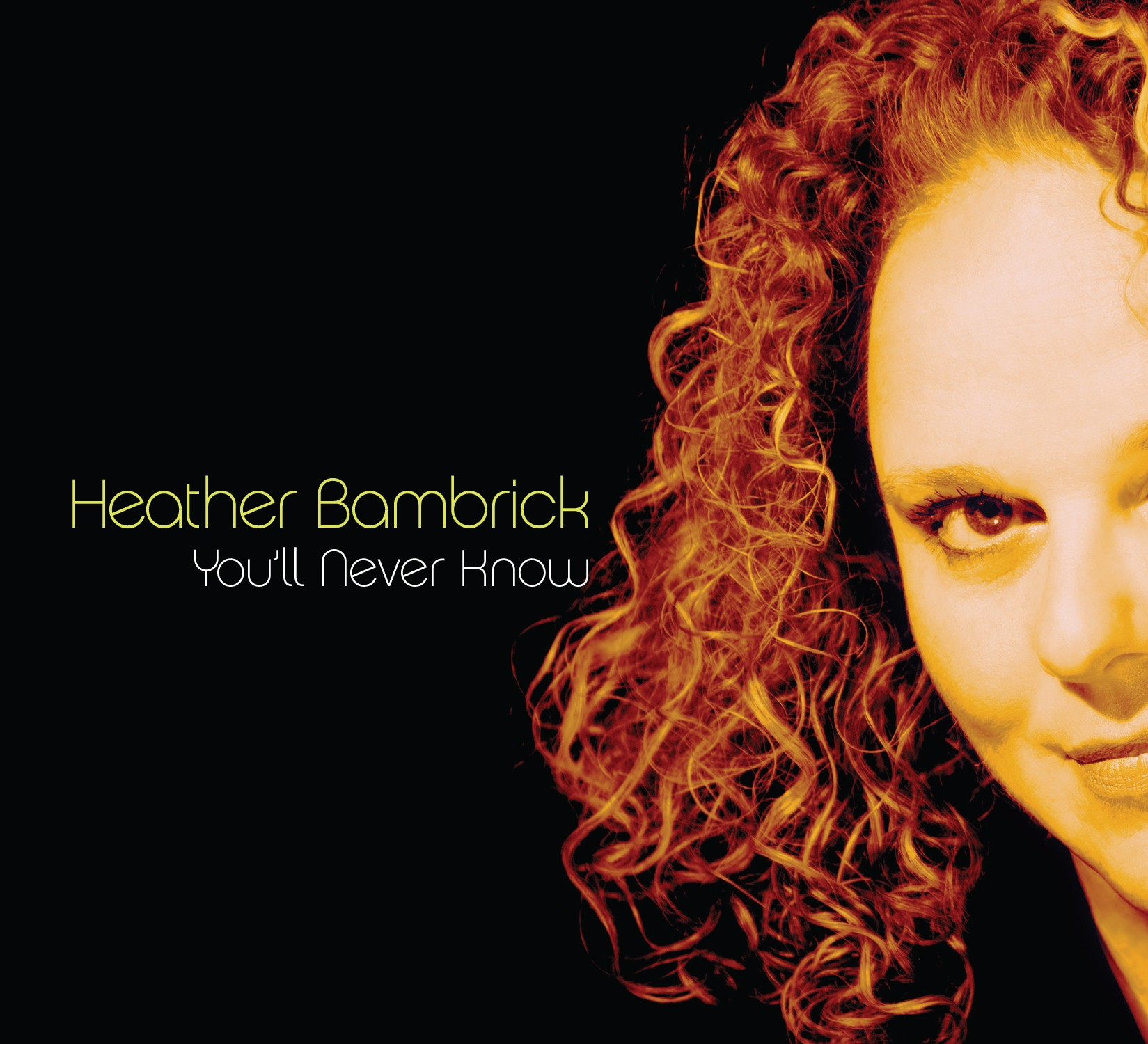Benjamin “Scatman” Crothers’ career spanned more than six decades, during which he worked as a drummer, guitarist, and vocalist (his musical compatriots over the years included Cab Calloway, Slim Gaillard, and the King Cole Trio), as well as appearing in over 50 films, perhaps most famously Stanley Kubrick’s The Shining.
By the late 1970s, when these tracks were recorded, he’d become a celebrity to a new generation via his television work, including his role as Louie the Garbage Man in the hit series Chico and the Man and various talk-show appearances—notably, The Tonight Show with Johnny Carson—on which he showcased his still-potent talents as a vocal entertainer.
Four of these tracks feature Crothers fronting a big band that includes bassist Ray Brown, drummer Earl Palmer, and the Tonight Show horn section; on three others, he’s supported by a more stripped-down, pop-oriented aggregation laced with a funk/disco feel (although the presence of Victor Feldman on vibes lends a distinctive, and occasionally anomalous, old-school tinge to the proceedings). One outing, “Stanley (Does It All),” is a half-spoken, half-sung paean to Kubrick, recorded in 1978 in producer Andrew Melzer’s home.
As a singer, Crothers was clearly influenced by Armstrong, although his scatting style was his own, fiercely imaginative and jubilant. He leaps gamely into the challenge of a pop format, and his percussive scat work in this setting makes clear the link between earlier jazz vocal styles, funk, and the rap/hip-hop revolution that was gathering momentum by the time these tracks were recorded.
On the unaccompanied “Stanley (Does It All),” his rhymes are deft and winningly eccentric, and the rhythms (which he drummed on a phone book with his fingers) recall the bongo-hipster milieus of his days with the likes of Gaillard—making it clear why Crothers’ personalized meld of quick wit, verbal dexterity, and improvisational élan sustained him over the course of a career that ended only when he passed away in 1986.
Re-published from jazztimes.com


